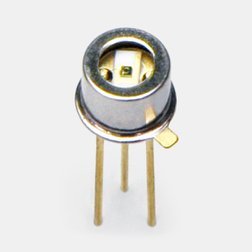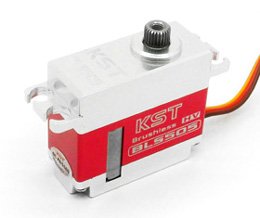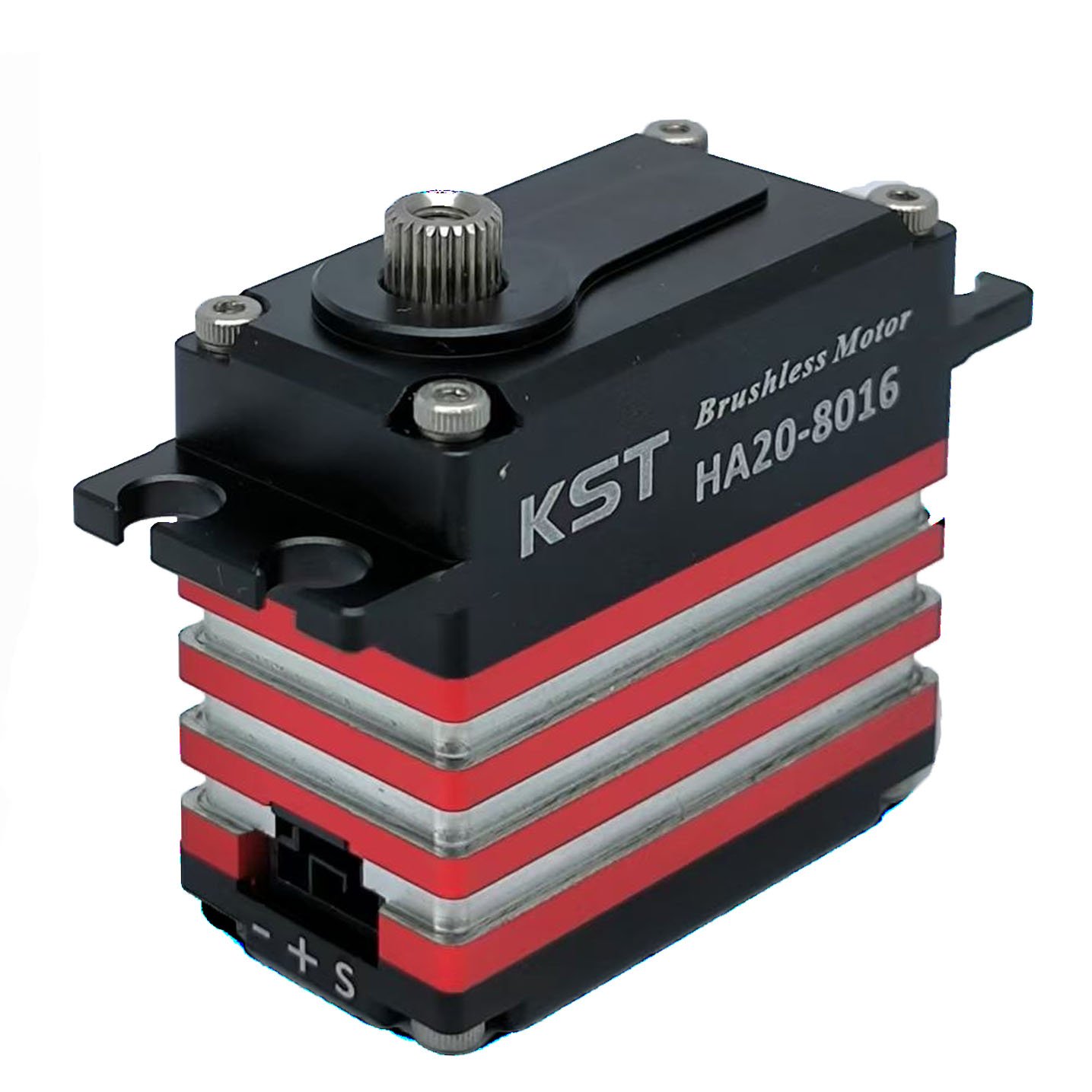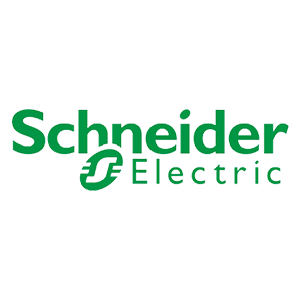A contactor is an electrical device used to control the current in a circuit, similar to an electromagnetic switch. It usually consists of an electromagnetic coil and a set of contacts that can be opened and closed. When the electromagnetic coil is energized, the magnetic field generated causes the contacts to close or open, thereby controlling the current in the circuit.
Working principle of contactor:
A contactor consists of an electromagnetic coil and a set of contacts. When the electromagnetic coil is energized, the magnetic field generated causes the contacts to close or open, thereby controlling the on and off of the circuit. This electromagnetic operation enables the contactor to remotely control electrical equipment such as motors, lighting systems or heating elements.

Advantages of contactors:
Durability and reliability: Contactors are designed to be rugged and can work stably for a long time, reducing the risk of equipment downtime.
Remote operation: By controlling the current of the electromagnetic coil, the contactor can be remotely operated to achieve remote control and automation.
High current carrying capacity: Contactors are able to handle high-power circuits, such as starting and stopping operations of industrial motors.
Application areas of contactors:
Industrial automation: In automated production lines, contactors are often used to control and protect motors. They are able to handle high currents and are widely used in various industrial equipment due to their high reliability.
Architectural and commercial: In architectural and commercial buildings, contactors are used to control lighting systems, elevators, air conditioning and heating equipment, etc. They can effectively manage power consumption and system operation.
Home applications: Although the number of contactors used in modern home electronic products is relatively small, some high-power devices such as air conditioners, electric water heaters, etc. still use contactors as part of electrical control.
Development trends and future prospects:
With the advancement of electrical engineering technology, contactors are gradually moving towards a more intelligent and integrated direction. Modern contactor systems are beginning to integrate electronic control and monitoring functions, allowing the system to more accurately control and monitor the operating status of electrical equipment. In the future, with the application of Internet of Things technology, contactors are expected to become an indispensable part of smart homes and Industry 4.0.
In short, as a core component in the field of electrical control, contactors not only play an important role in traditional industries, but also show their great potential and continuous innovation possibilities in emerging automation and intelligent applications.
For more relevant information, please contact us at our website:emi-ic.com
























